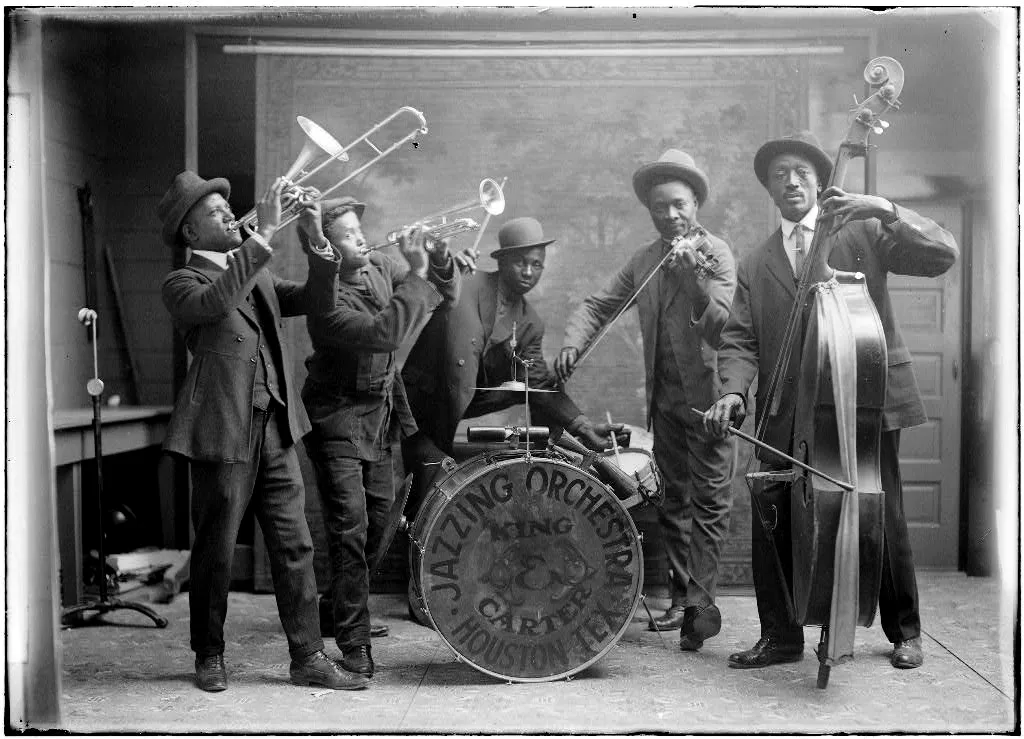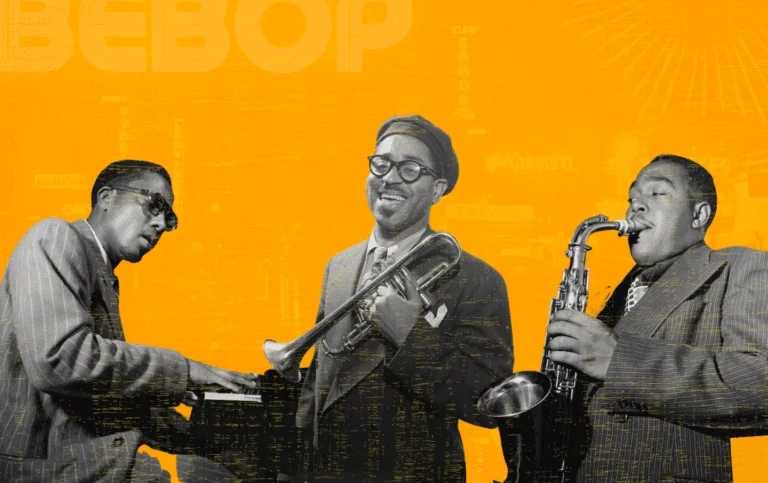Jazz is more than a genre; it’s a cultural phenomenon that has influenced music and society worldwide. Emerging from the heart of New Orleans in the late 19th and early 20th centuries, jazz has traveled through decades, leaving its imprint on nearly every modern musical style. Its story is one of innovation, resilience, and a reflection of the human spirit.

Origins of Jazz: A Melting Pot of Cultures
Jazz was born in New Orleans, a city rich in cultural diversity. The city’s unique blend of African, European, and Caribbean influences provided the perfect foundation for this revolutionary sound. It evolved from genres like blues, ragtime, and spirituals, which were heavily rooted in the African American experience.
Key features like syncopation, improvisation, and swing distinguished jazz from its predecessors. The earliest jazz musicians, including Buddy Bolden and Jelly Roll Morton, experimented with these elements, giving rise to a sound that was spontaneous, expressive, and undeniably fresh.
Jazz in the Roaring Twenties: The Age of Swing
The 1920s marked the golden age of jazz, often referred to as the “Jazz Age.” This period saw jazz gain national and international popularity, driven by artists like Louis Armstrong, Duke Ellington, and Bessie Smith.
The rise of swing music, characterized by big band ensembles and danceable rhythms, defined the era. Clubs in Harlem, such as the Cotton Club and the Apollo Theater, became hubs for jazz innovation, attracting diverse audiences who embraced the music’s energy and complexity.
Jazz also became a symbol of freedom and rebellion during this time, breaking social barriers and promoting racial integration.

Bebop and Modern Jazz: A Shift to Complexity

By the 1940s, jazz had begun to transform. Bebop emerged as a response to the commercialism of swing. This new style, pioneered by legends like Charlie Parker and Dizzy Gillespie, was more complex and less dance-oriented. Bebop emphasized improvisation and technical prowess, challenging both musicians and listeners.
In the following decades, subgenres like cool jazz (Miles Davis), hard bop (Art Blakey), and modal jazz (John Coltrane) further diversified the genre. Jazz became more intellectual, attracting audiences who appreciated its sophistication and depth.
Jazz and Its Influence on Modern Music
Jazz has left an indelible mark on modern music. Its principles of improvisation, syncopation, and harmony have influenced a wide range of genres, from rock and hip-hop to electronic and classical music.
- Rock and Roll: Artists like Chuck Berry and Elvis Presley incorporated jazz rhythms into their music, laying the groundwork for rock and roll.
- Hip-Hop: Jazz samples became a staple in hip-hop production, with artists like A Tribe Called Quest and Kendrick Lamar drawing inspiration from jazz’s improvisational spirit.
- Pop and Electronic: Contemporary musicians such as Norah Jones and Daft Punk infuse jazz elements into their work, showcasing its timeless appeal.
Jazz as a Cultural Movement
Jazz is not just about music; it’s a reflection of social and political movements. From the Civil Rights Era, where artists like Nina Simone and Charles Mingus used jazz to advocate for equality, to its role in fostering cultural exchange during the Cold War, jazz has consistently been a voice for change.
Its inclusive nature allows it to transcend borders, uniting people of different backgrounds through the universal language of music.

The Future of Jazz
Today, jazz continues to evolve. Artists like Kamasi Washington and Esperanza Spalding are reimagining the genre for a new generation, blending traditional jazz with contemporary styles like R&B, soul, and hip-hop.
Jazz festivals around the world, such as the Montreux Jazz Festival and the Newport Jazz Festival, keep the spirit of jazz alive, showcasing both legends and emerging talents.
Conclusion: Jazz’s Enduring Legacy
The history of jazz is a testament to the power of creativity and cultural fusion. From its humble beginnings in New Orleans to its global impact, jazz has shaped modern music in profound ways. Its legacy lives on, inspiring musicians and audiences to embrace innovation, emotion, and the beauty of improvisation.
Whether you’re a jazz aficionado or a casual listener, there’s no denying the genre’s significance in shaping the soundtracks of our lives.






